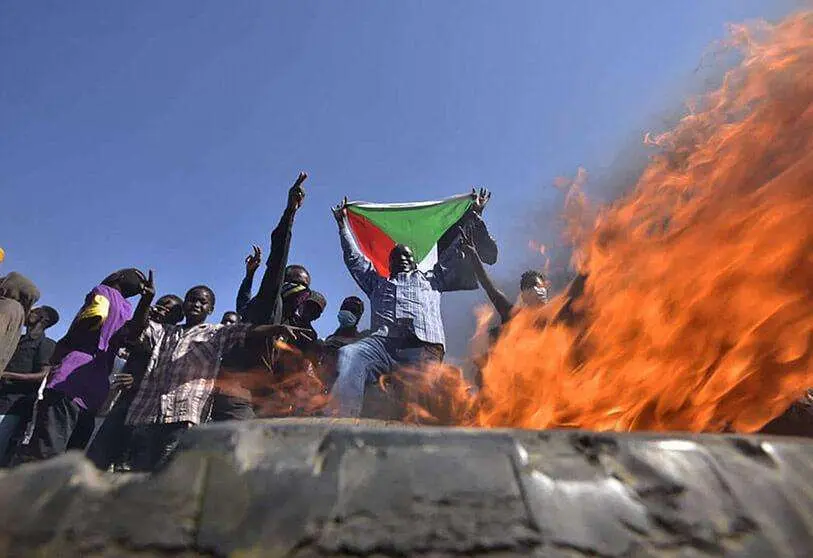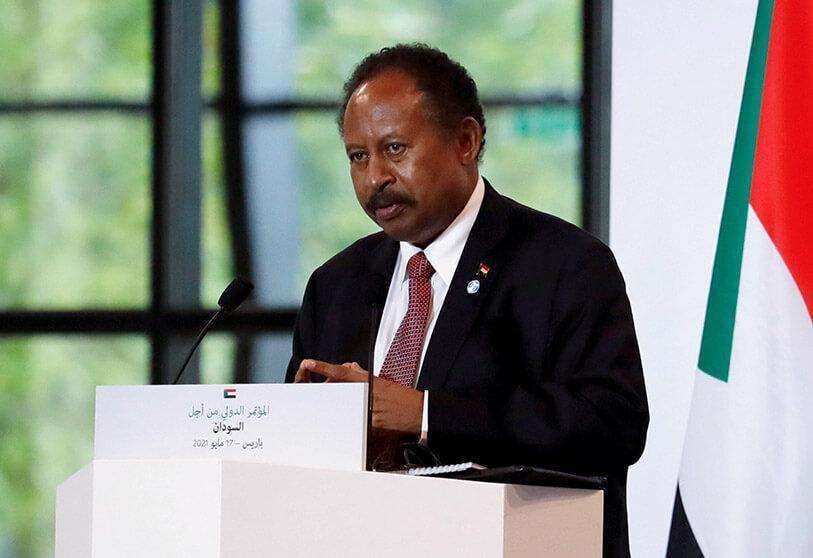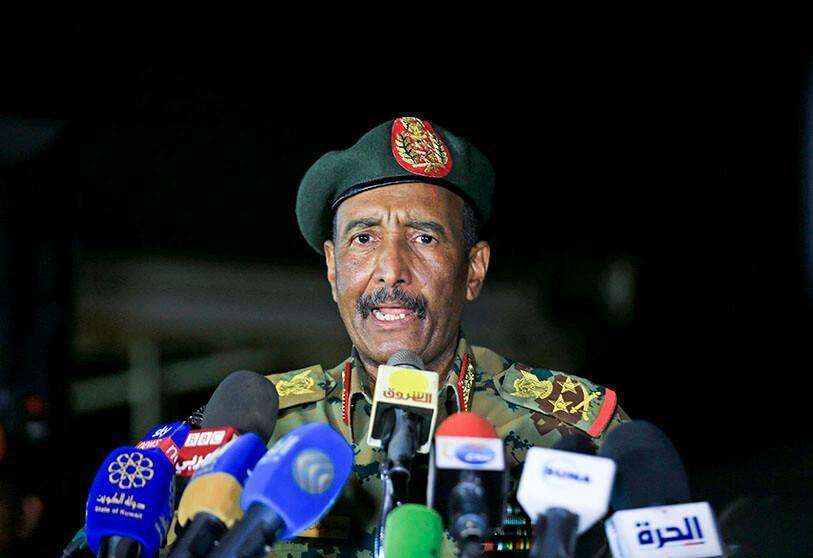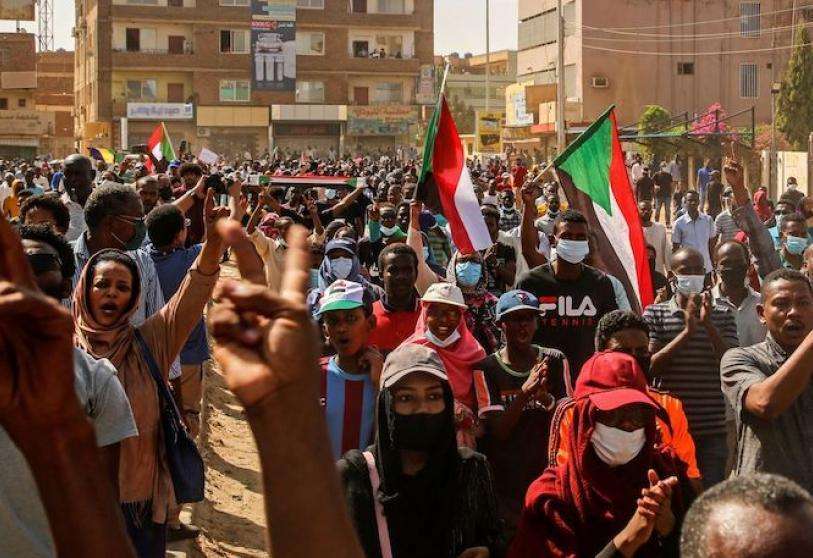Sudanese people demonstrate agreement with the military

The Sudanese population feels betrayed. The hopes pinned on Hamdok to lead a transitional government that would achieve democracy without the presence of the army in the institutions have been dashed.
The agreement, reached between ousted Prime Minister Abdullah Hamdok and General Abdel Fattah-al Burham, returns Hamdok to his post as prime minister. However, this pact has sparked a confrontation between a population fed up with continued violence and the military in government.

As a result, opposition pro-democracy groups have once again taken to the streets demanding a government composed entirely of civilians. Hamdok, seen as a hero defender of Sudan's democracy, has become a "villain" for many Sudanese.
The protests have brought with them new episodes of violence. According to the Central Committee of Sudanese Doctors, a 16-year-old teenager has died after being shot during demonstrations in the town of Omdurman. This latest killing brings to 41 the number of people who have died in protests since the army coup d'état.
After reaching the agreement, Hamdok argued that this new signature will prevent more deaths. In a ceremony broadcast on state television he said that "Sudanese blood is precious, let us stop the bloodshed and direct the energy of the youth towards construction and development". Contrary to what the prime minister declared, however, young people continue to be killed and abused by the military, and opportunities to build a future for themselves are dwindling.

Following the signing of the new agreement, al-Burham said that the new government would be "inclusive" and that they do not want to "exclude anyone except, as we have agreed, the National Congress Party". However, neither al-Burham nor Hamdok have mentioned the Freedom and Change Forces (FFC), the civilian coalition that had shared governmental power with the military during the transition.
In fact, the FFC has denounced that it was not part of the agreement after stating in a communiqué that its "position is clear and previously announced: no partnership, no negotiation and no legitimacy for the coup perpetrators". These statements are joined by several resistance committees that also organised different protests around the country rejecting any kind of agreement with the army and the military.

In contrast to the civilian population, the UN and the European Union have welcomed the agreement. While the UN has been more cautious, noting that with the pact all parties "urgently needed to address unresolved issues" to avoid further violence, the EU has described it as "a first step" towards "putting Sudan's transition on track".
The EU's High Representative for Foreign Affairs and Security Policy, Josep Borrell, said on social media that Hamdok's return as prime minister is the beginning of returning Sudan to a transitional phase. He also indicated that "all detainees must be released" and urged an end to violence against the population.
The new agreement reached between the two parties also commits to "release all political detainees", this being one of the main conditions of the pact. It also states that "the transitional civil-military partnership is the guarantor and means of stability and security in Sudan" and that it does not appear, at least in the short term, that Sudan will stage a transitional government composed only of civilians in order to achieve greater institutional democratisation, something that the Sudanese population has been clinging to.








